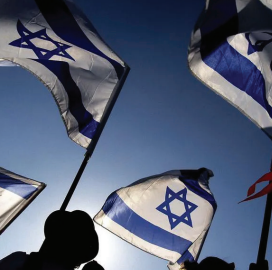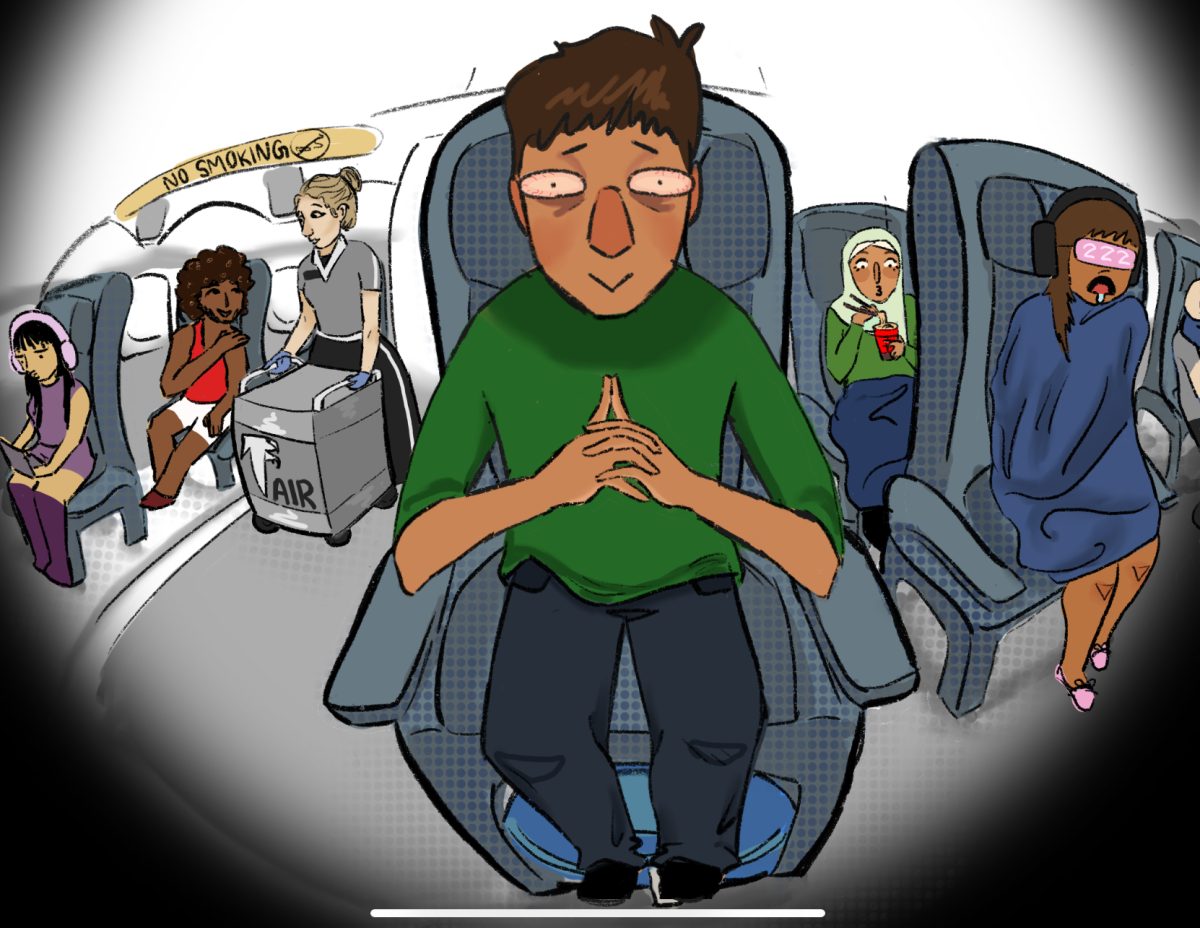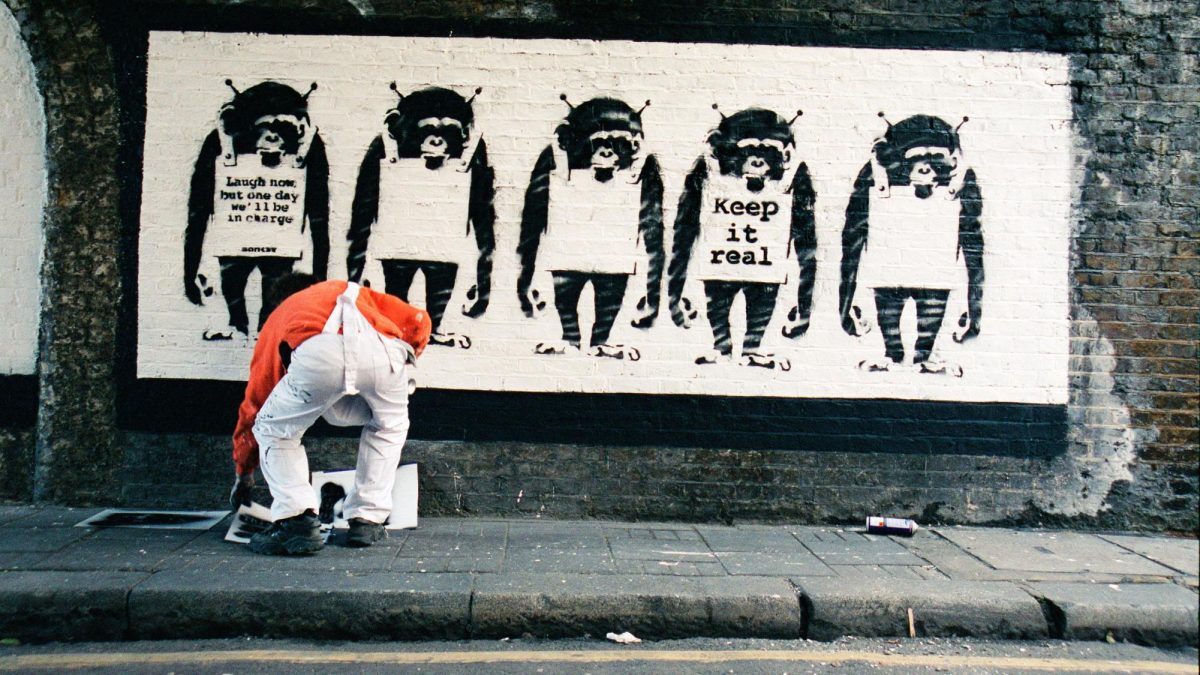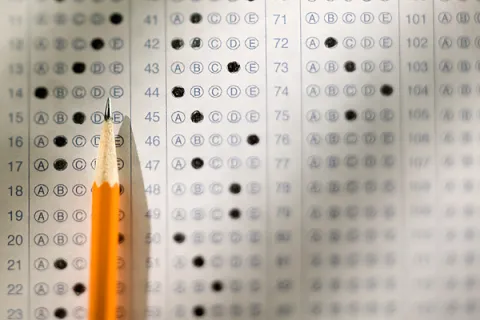
The recent killing of two Israeli Embassy aides, Yaron Lischinsky and Sarah Milgrim, has sparked a new discussion about antisemitism. The dominating narrative in the United States is that there has been a recent rise in antisemitism due to the widespread criticism of Israel’s response to the October 7th attacks. To combat this phenomenon, lawmakers have begun cracking down on pro-Palestinian activism. Columbia University has already changed many of its policies in response to the Trump administration cutting 400 million dollars in funding; Harvard is currently being threatened similarly. In addition, laws in Kansas label protesting Israel with a mask on as a special offense, and in Florida’s state universities, course material mentioning Israel and Zionism must go through a special review process.
This crackdown on the right to assemble has been justified by statistics from organizations like the Anti-Defamation League (ADL) and the International Holocaust Remembrance Association (IHRA), which were even cited by the Biden Administration. The ADL has reported a 2.5 times increase in antisemitism since the October 7th terrorist attacks, a number that is inflated by counting criticism of Israel as antisemitism. In December 2023 the House passed a resolution stating that “anti-Zionism is antisemitism.” There has been immense criticism of Ireland and South Africa for their opposition to Israel, to the point that the Irish President had to come out and state that criticism of the policies of the Netanyahu government is not antisemitism. In the wake of the Israeli embassy killing, Florida congressman Randy Fine told Fox News “The Palestinian cause is an evil one” and Israeli Prime Minister Benjamin Netanyahu said, “Free Palestine is just today’s version of Heil Hitler.” The ADL themselves have even admitted that “a majority (58%) of all [antisemitic] incidents contained elements related to Israel.”
These claims are over-dramatized, though antisemitism has not directly increased as a consequence. The Jewish community has been receiving continuous blame for the actions of Israel, and the prominence of white supremacist groups has resulted in antisemitic rhetoric. There has also been an increased purchase of white supremacist ideology in the mainstream U.S. political system. Elon Musk associates with neo-nazi parties like the German AfD party, openly hosting them on his platform, and Donald Trump has repeated white supremacist conspiracies about a “white genocide” in South Africa. Many of these figures are also staunch Zionists, as Zionism has large overlap with far right Christian Nationalism. Organizations that conflate Zionism and Judaism also provide political cover to extremists. One very high profile example of this is when the Chief Executive of the ADL defended Elon Musk’s salute as “an awkward gesture” in an interview. Another impact of that conflation is that the public has increasingly conflated Judaism with the Zionist ideology of Israel and white supremacism. This association radicalizes the average uneducated person against Jews, encouraging antisemitic rhetoric. When people see the war crimes perpetrated by the Israeli government (as deemed by the UN, HRW, and Amnesty International) they are quick to blame the Jewish community as a whole, instead of Zionism. Overall, this inaccurate conflation between Judaism and Zionism—which is actively spread by the ADL, IHRA, and the Israeli government—paints the Jewish community in a negative light, leading to increasing rates of antisemitism.
This article also appears in our June 2025 print edition.












